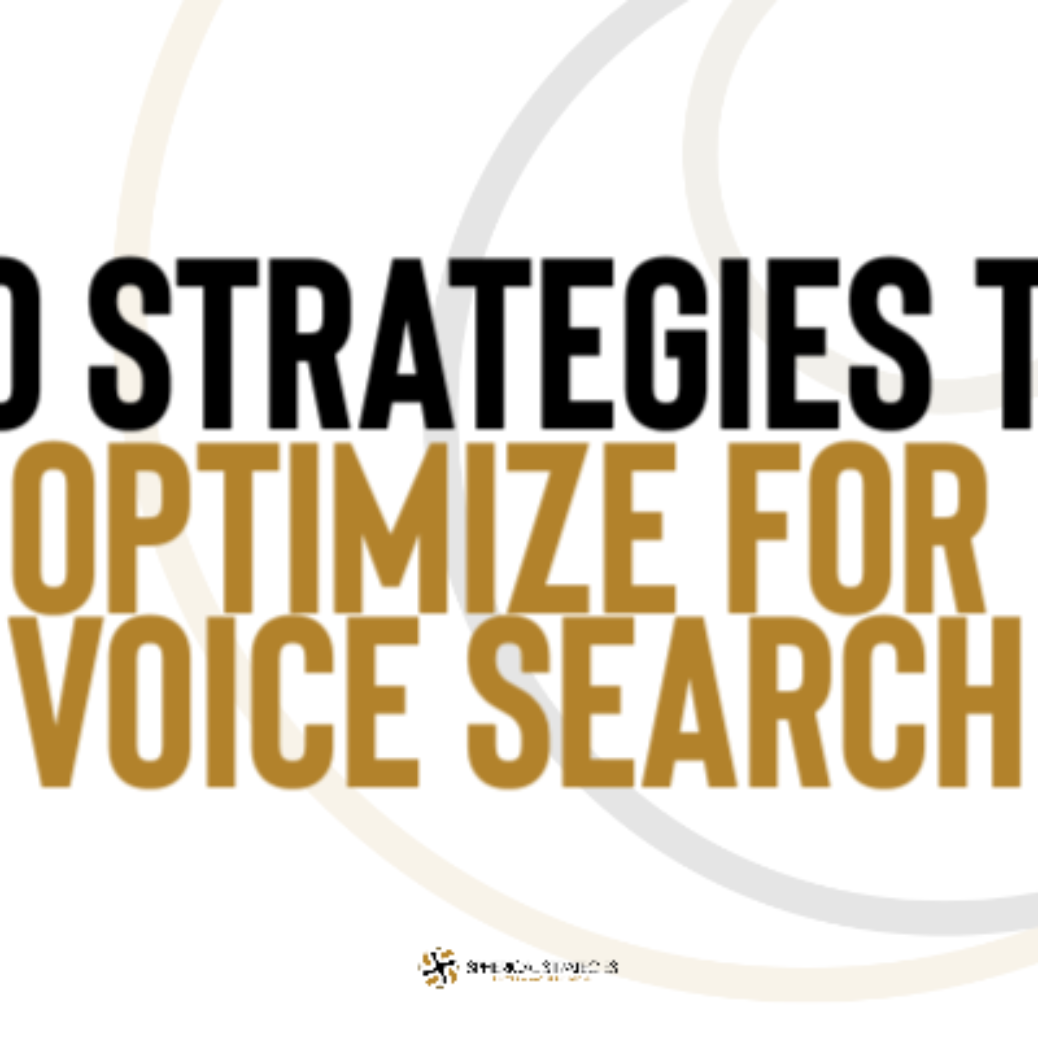Higher Education: Virtual Events
Events have always been a valuable tool for effective higher education marketing strategies. With an endless number of possibilities, events range from conferences, workshops, and demonstrations, to product launches, contests, and leadership/team-building summits.
Virtual events, since the pandemic especially, have become an increasingly popular format of event marketing. When the world was encouraged to stay socially distanced, schools, businesses, and individuals had to get creative to keep themselves connected. Virtual events quickly became a major marketing focal point.
Not only did virtual events help keep gatherings to a minimum, but they proved to be great for so many other reasons! Keep reading to find out how virtual events make event marketing so effective and why you should start incorporating them into your marketing strategy if you haven’t already!
Virtual events are great for schools seeking to promote brand awareness and increase engagement and enrollment while being cost-effective.
Additionally, virtual events come with analytic options and the capability of helping promote community involvement with events like fundraisers, new programs and research, and even staffing.
Brand Awareness
One of the biggest advantages of virtual events is that they are so easy to share online. These events can be easily broadcasted on social media platforms like Facebook, Twitter, and Instagram – allowing higher education institutions to promote their brand and increase awareness by reaching a wider audience immediately and with minimal effort.
Reach and Engagement
Used correctly, virtual events can increase the reach of a message and encourage more engagement with your institution. Virtual events can reach a larger audience simply due to the nature of the internet. Since these events are held online, they often have extended reach beyond geographical boundaries and can be watched and interacted with by people in different countries.
Additionally, virtual events make it easier to customize the presentation for remote attendees. When it comes to live presentations, students can choose which events they are interested in and are able to attend. Live events can also be recorded and made available for viewing at any time of day or night. This can be especially useful for students in different time zones or with busy schedules. Making virtual events available at various times inevitably increases engagement opportunities.
Bonus points for being interactive! Virtual events in which the participants can actively interact create a more personal connection between a college and its current and prospective students.
Adaptive and Accommodating
It’s important to remember that not all people have the same learning style. Some people are visual learners and prefer to see information in the form of lists or video demonstrations, whereas some retain information better auditorily, or when they hear it, such as with podcasts. Providing different format options from which students are able to obtain content expands the reach of a school’s message because students are more likely to engage with something familiar to them.
Providing virtual events in multiple mediums and at various access points allows students to view the events on whichever device and platform they are most comfortable with. Some students prefer attending virtual events on their cellular devices, while others will choose their laptops or computers. Offering virtual events on multiple channels such as Zoom, Facebook, Instagram, and your higher education institution’s website, increases the chances of your event being seen and attended.
Accessibility
In-person events can pose accessibility issues for students who do not have the available time or money to spend on travel and accommodation. Virtual events, on the other hand, eliminate traditional barriers by allowing everyone with an internet connection to participate in the event from almost any location. This not only expands the reach of the school’s message but also makes it easier for students from different backgrounds and locations to attend these events.
Cost Effective
In-person events generally take a lot more time and money to coordinate than virtual events. Once the costs of necessary supplies and staff required are factored in, in-person events can become very expensive. Virtual events provide a much more cost-effective alternative to their in-person counterparts due to the reduced expenses associated with hosting virtual events.
Requiring minimal resources and staff to execute successful events, virtual events are a great option for higher education institutions that need to save on cost. Furthermore, since these types of events can be shared widely on social media platforms like Facebook and Twitter, marketing expenses may also be reduced drastically.
Data Collection and Analytics
Virtual events provide higher education institutions with data that can be used for analyzing trends and collecting valuable insights. Through analysis of the data collected from these events, schools will be able to understand which topics interest students the most as well as what time of day is best for hosting events. This information can then help them plan and adjust future virtual events to ensure better engagement and more successful events.
Community Involvement
Virtual events create greater opportunities for faculty, staff, and students to engage with each other and their community on collaborative projects such as fundraisers. Hosting engaging virtual events that promote good causes helps foster a sense of community within and surrounding the student body.
For schools looking to stay up-to-date, virtual events are an excellent way to do so without sacrificing the quality of their events. Virtual events offer many benefits and by taking advantage of these benefits, colleges can increase student engagement and ultimately help advance their mission of providing a valuable education to students.
In conclusion, virtual events provide higher education institutions with a great way to engage with current and prospective students without the exorbitant costs associated with in-person events. Through the use of interactive mediums such as video conferencing platforms, podcasts, and webinars, schools can reach a larger audience while also collecting valuable data and insights. Additionally, virtual events are more accessible than in-person events, making them an attractive option for higher education institutions looking to engage with their students.
By offering virtual events that are interactive, adaptive, and accommodating, higher education institutions can ensure that their message reaches more students and that their events are engaging and successful.
Looking for help with a marketing strategy for your higher education institution? Contact us today and let our experienced team of digital marketers help you create a powerful campaign!
 |
About Rene | Spherical Strategies – Senior Marketing StrategistRene works with Spherical Strategies as a Senior Marketing Strategist. She brings a love of business building and decades of marketing experience to every project she works on. Over the past several years she has worked with companies of all sizes developing custom marketing strategies focused on business development and growth. Outside of her work as a marketing strategist, Rene loves to travel and experience food from around the world while encouraging those around her to get outside of their comfort zones. |
























